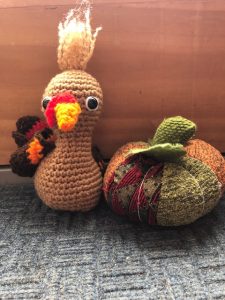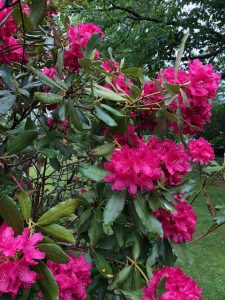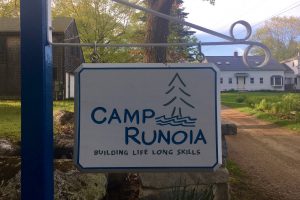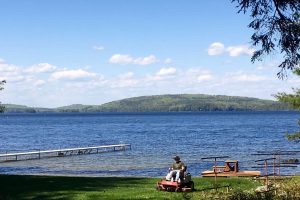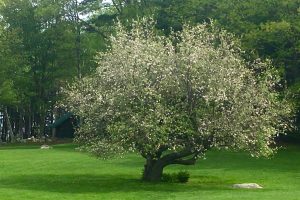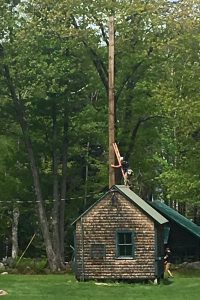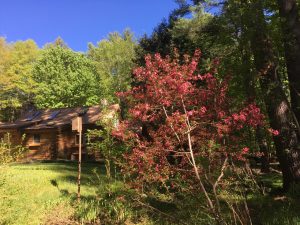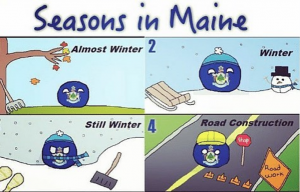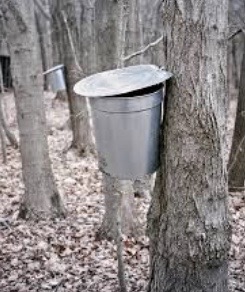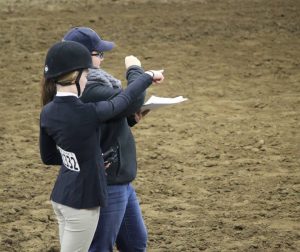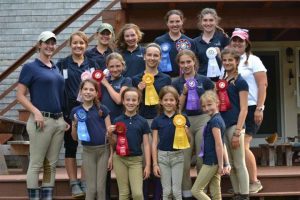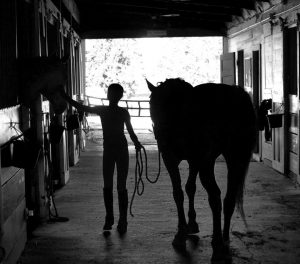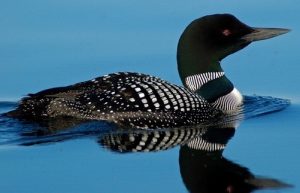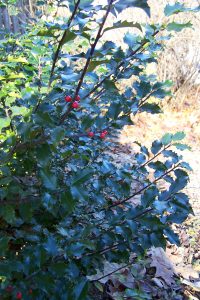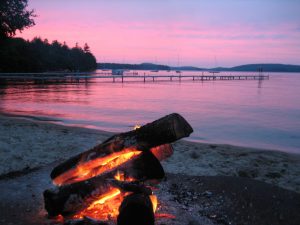More and more the catalyst for unplugging from screens and technology comes from adults who see the tendency, or even the addiction, in their children to turn on screens during out of school time. Even children are realizing that their draw to screens is an unhealthy habit.
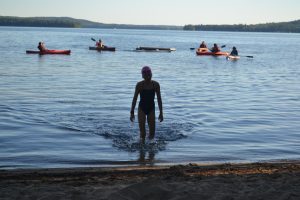
Camp is a great opportunity to unplug, let go of the technological ties and hone 21st century skills. Not only is the actual unplugging valuable but knowing that you can survive when you put down your phone, tablet or gaming device is valuable to children gaining confidence in unplugging. There is little conflict with detaching as everyone in the community is unplugged. Can you imagine going for weeks without even seeing a smart phone?
Face to Face contact and communication is a wonderful by-product of the unplugged experience, whether it’s working out differences on the gaga court or celebrating achievements on the tennis court or getting to know a new friend through friendly interaction around the cabin. At camp adults and children of all ages have meaningful interactions throughout the day.
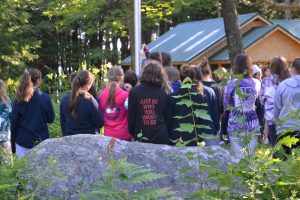
There is a plethora of research and scientific studies showing the detriment of too much screen time. School movie screenings of Screenagers is touring the country to help parents help students to navigating the digital world. Additional information in the film about screen habits of escape, anonymous behavior, attention-seeking is also mind bending. Film director Dr. Ruston’s blog helps parents with ongoing education and support in their families including but not limited to addiction, pornography, self-control, ideas for after school activities, conversations on health and mental health, discussion about college and more.
What we know is that Camp Runoia is an organic screen-free zone. After a couple of days of adjustments to not having smart phones campers feel relieved to be unplugged, it is a relief to not have to keep up with social media or group texts and feel present and connected to other people at camp.
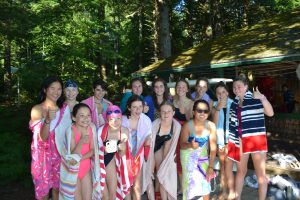
Join us today for a summer experience that allows your daughter to drop the phone and find a friend.
